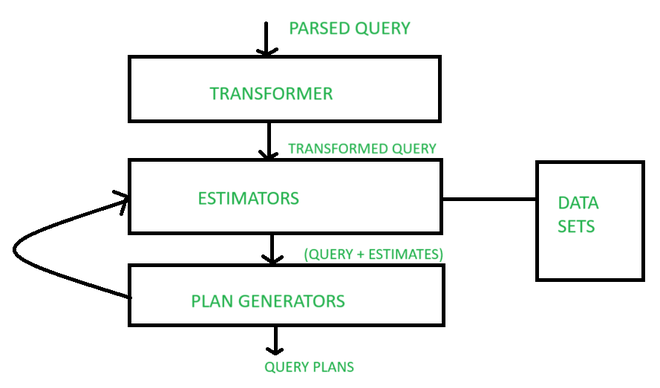Query Optimizer in Database Management Systems (DBMS)
When it comes to database management systems (DBMS), one of the key components that plays a vital role in enhancing performance is the query optimizer. The query optimizer is a crucial part of DBMS that is responsible for converting a user’s query written in SQL (Structured Query Language) into an efficient execution plan.
But what exactly is a query optimizer and how does it work? Let’s dive deeper into the world of query optimization in DBMS.
What is Query Optimization?
Query optimization is the process of choosing the most efficient way to execute a given query. It involves analyzing various possible execution plans for a query and selecting the one that minimizes the overall cost, which often translates to minimizing the execution time.
Efficient query optimization can significantly improve the performance of a DBMS by reducing the amount of time it takes to retrieve data and process queries.
How does Query Optimizer Work?
Query optimizer in DBMS works by taking a user’s query and generating multiple possible execution plans. These plans are then compared based on estimated costs, such as CPU and memory usage, disk I/O, and network traffic.
The optimizer uses statistics about the tables and indexes involved in the query to estimate the cost of different execution plans. Based on these cost estimates, the optimizer selects the most efficient plan to execute the query.
Factors Considered by Query Optimizer
- Table and index statistics
- Data distribution
- Query complexity
- Available indexes
- Join types
- Filter conditions
These factors play a crucial role in determining the cost of executing a query and help the optimizer choose the optimal execution plan.
Benefits of Query Optimization
There are several benefits of efficient query optimization in DBMS:
- Improved performance
- Reduced resource consumption
- Enhanced user experience
- Optimal query execution
- Scalability
By optimizing queries, organizations can achieve faster response times, lower operational costs, and better overall system performance.
Challenges in Query Optimization
While query optimization offers numerous benefits, there are also challenges involved:
- Complexity of queries
- Changing data distribution
- Suboptimal index usage
- Query plan caching
- Query tuning
Overcoming these challenges requires a deep understanding of the underlying database structure and regular monitoring and fine-tuning of queries.
Conclusion
Query optimizer in DBMS plays a critical role in enhancing the performance of database management systems by efficiently processing user queries. By understanding how query optimization works and the factors that influence it, organizations can improve their system’s performance and deliver a better user experience.
Efficient query optimization is not just about improving performance; it is also about maximizing the value of the data stored in the database and ensuring optimal use of resources.
Therefore, investing time and resources in query optimization is essential for organizations looking to stay competitive in today’s data-driven world.
